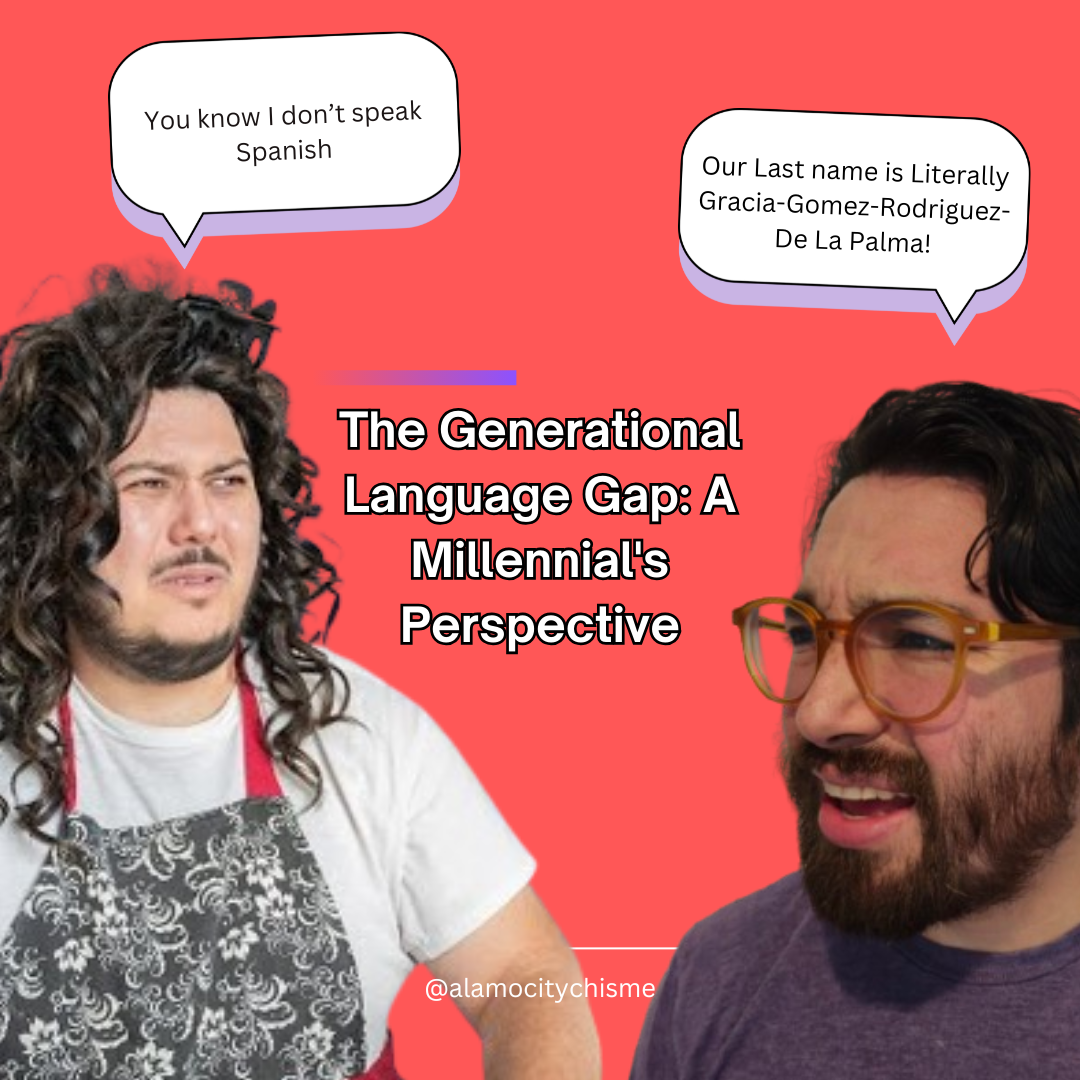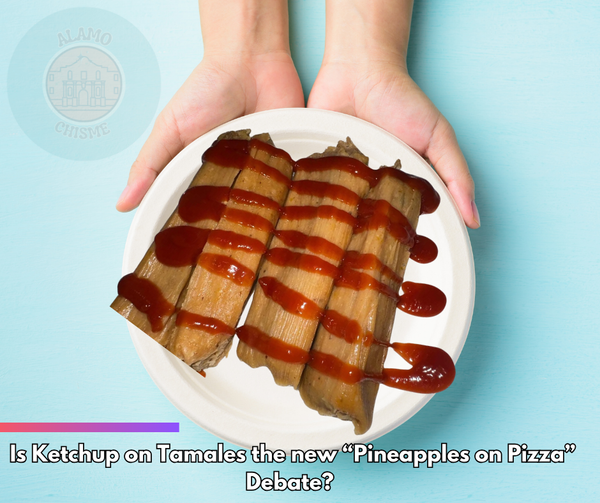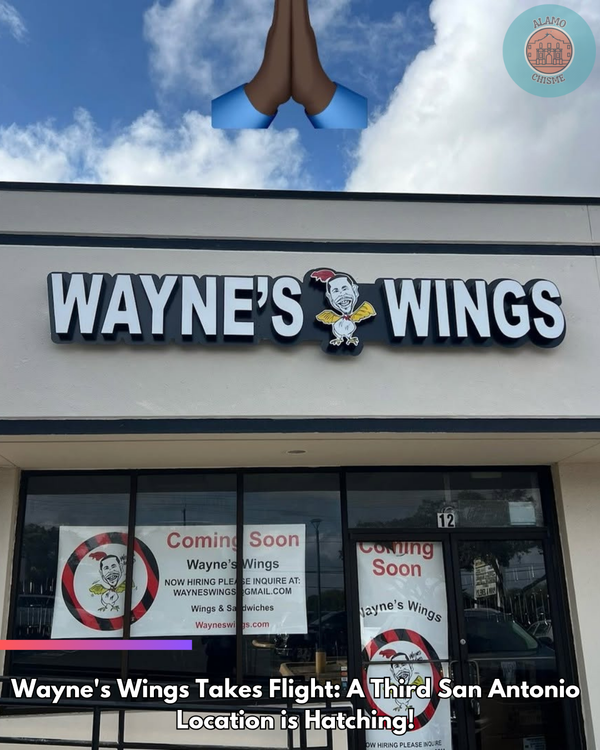The Generational Language Gap: A Millennial's Perspective
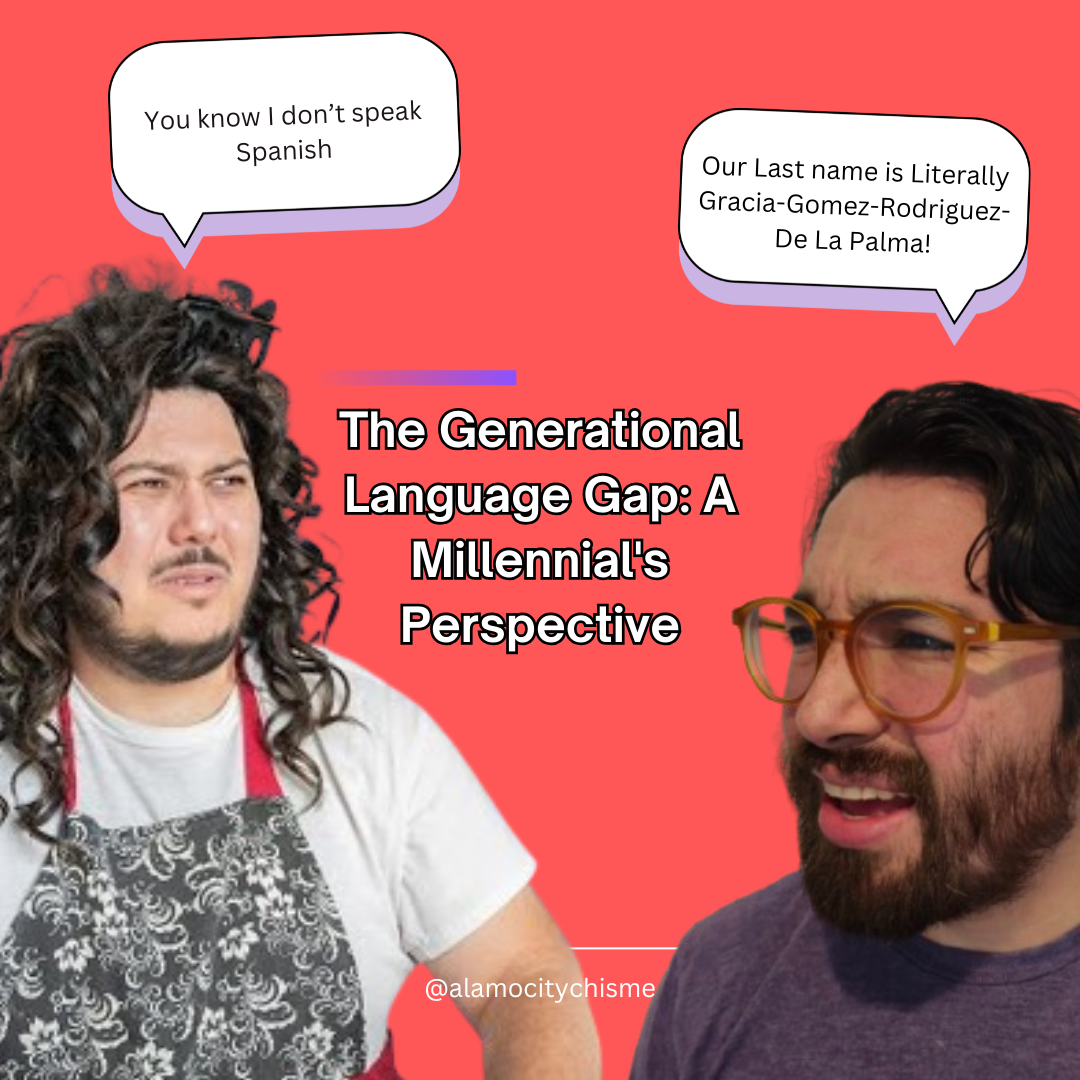
Let’s dive into a topic that’s been floating around for a while: the generational language gap between baby boomers and millennials, especially in the Latino community here in South Texas. And yes, I’m looking at you, San Antonio. This is a conversation that needs to happen, so grab your café abuelita and let’s chat!
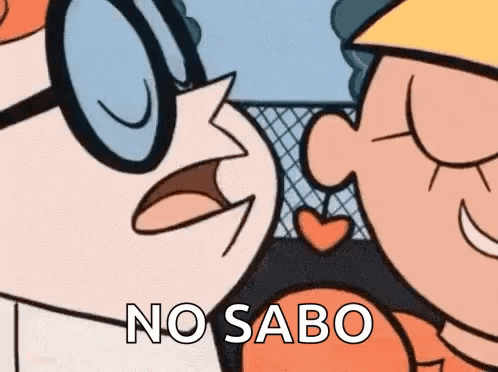
So, Rick Barrera, a TikTok user with the handle @sifurickb, brings up a very valid point about how second-generation Latinos often feel disconnected from their roots, specifically regarding the Spanish language. He argues that it’s not our fault that we don’t speak Spanish fluently. And honestly, I couldn’t agree more! But let’s not forget, my experience might be a bit different since my parents lived in South Texas where Spanish was the norm, but I see this struggle in my friends and neighbors.
@sifurickb #onthisday yes it is!! #boomer #sifurickb #genx #kungfu #dadsoftiktok #growingupgenx #genxdad #genxtrovert #iwantsifurickb #latino ♬ original sound - Rick Barrera
Rick mentions that baby boomers often have this selective memory when it comes to language. Growing up, many of our parents spoke Spanish with their own parents to keep us in the dark about what they were saying. It was a clever tactic to keep secrets, but it also meant that we were raised in English-speaking households. And let’s face it, this was not just a personal choice; it was a cultural push. They were told that speaking Spanish was “bad” and that they needed to learn English to avoid being second-class citizens.
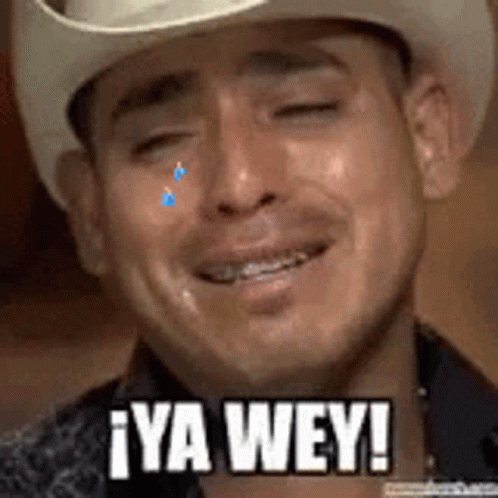
Now, as Rick points out, when we finally decided to learn Spanish ourselves, we were ridiculed. “Oh, you’re saying it wrong!” they would say, and just like that, the fear of speaking up in Spanish became a complex. Can we talk about the pressure? It’s like trying to learn a dance when everyone around you is already a pro, and you’re just stepping on toes! But then, when we ask our parents why they didn’t teach us, the response is often, “No, no, you just didn’t want to learn Spanish.” Really? Because that feels like a classic case of passing the buck.
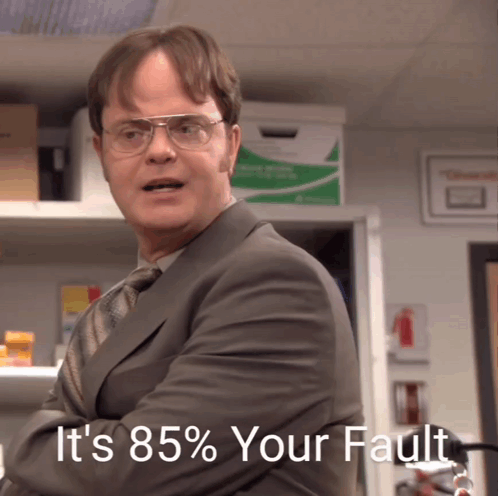
Let’s break it down: it’s not the child’s responsibility to learn a language on their own. It’s the parents' job to introduce it, to create an environment where both languages are celebrated, not just tolerated. So, dear boomers, maybe it’s time for a reality check? The narrative that we didn’t want to learn Spanish is simply not true. It was more about the lack of opportunity and encouragement.
And don’t get me wrong, I understand that many boomers had their reasons, rooted in their own experiences of growing up in a predominantly English-speaking society. But how about we change the script for the next generation? Let’s embrace bilingualism as a strength, not a weakness. In San Antonio, where the culture is rich and diverse, we have the chance to foster an environment where language isn’t a barrier but a bridge.
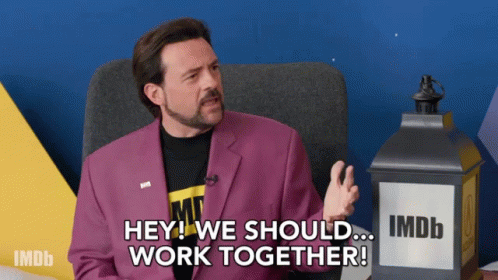
So, to my fellow millennials, let’s keep the conversation going. How did your upbringing shape your relationship with the Spanish language? And to the baby boomers, what are your thoughts on this? Let’s share our stories, because at the end of the day, understanding our past can help us create a better future. Remember, language is more than just words; it’s a connection to our identity, our culture, and our family.
What do you think? Join the conversation below.

